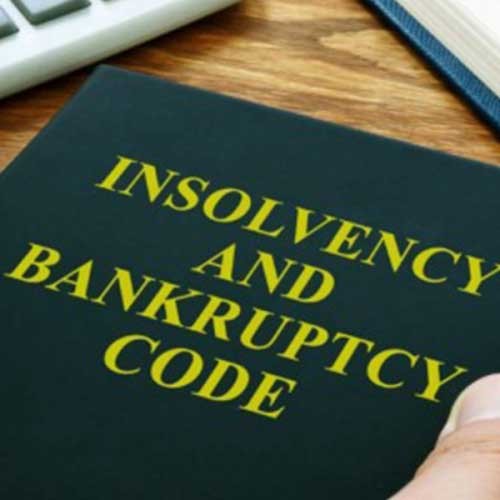Supreme Court of India in a recent decision dated July 17, 2023 passed in Paschimanchal Vidyut Vitran Nigam Ltd. (PVVNL) v. Raman Ispat Private Limited & Ors. held that in terms of Section 238 of the Insolvency and Bankruptcy Code, 2016 the provisions of IBC shall override the Electricity Act, 2003 despite the latter containing two specific non-obstante clauses in Sections 173 and 174 of the Act.
PVVNL approached the Supreme Court aggrieved by orders passed by NCLAT and NCLT, holding that the dues owed to PVVNL for supply of electricity shall be paid in accordance with the waterfall mechanism under Section 53 of IBC and allowed the release of attached properties of the Corporate Debtor- Raman Ispat. The Court held:
- The waterfall mechanism under Section 53 of the IBC provides for the order of distribution of assets wherein the hierarchy or order of priority accords government debts lower priority than dues owed to unsecured financial creditors. Debt owed to a secured creditor, whenever such secured creditor has relinquished security in the manner set out in Section 52 receives a fairly higher priority (immediately after the insolvency resolution process costs), whereas in other cases, when the secured creditor does not relinquish security, the priority of claim is lower in respect of any amount unpaid following the enforcement of security interest.
- Another feature is that the amounts due to the government are ranked in the same manner as those of secured creditors who do not relinquish their security interest. The rationale for placing secured creditors who relinquish their security, higher in priority, is found on a conjoint reading of Sections 52 and 53 of IBC. Thus, a secured creditor has to take a calculated decision, at the outset of the liquidation process, whether or not to relinquish its secured interest.
- In the Rainbow Papers case decided in 2022 [State Tax Officer v. Rainbow Papers Ltd. 2022 SCC OnLine SC 1162], Supreme Court held that by virtue of a security interest created in favour of the government for tax claims under the Gujarat Value Added Tax Act, 2003, tax authorities i.e., the government, was a secured creditor under IBC. If a resolution plan excluded such tax or statutory dues payable to the government, it would not be in conformity with the provisions of the IBC and as such, would not be binding on the State. Hence, reliance placed by PVVNL on the Rainbow Papers case was of no avail since waterfall mechanism was not taken into consideration.
- Even if PVVNL had government participation, that does not render it as government or a part of the State Government. Therefore, dues payable to PVVNL do not fall within the description of Section 53(1)(f) of IBC which provides for distribution of remaining debts and dues. The Hon’ble Court dismissed the Appeal of PVVNL and directed the Liquidator to decide the claim of PVVNL and to process the same within 10 weeks from the date of the decision.



